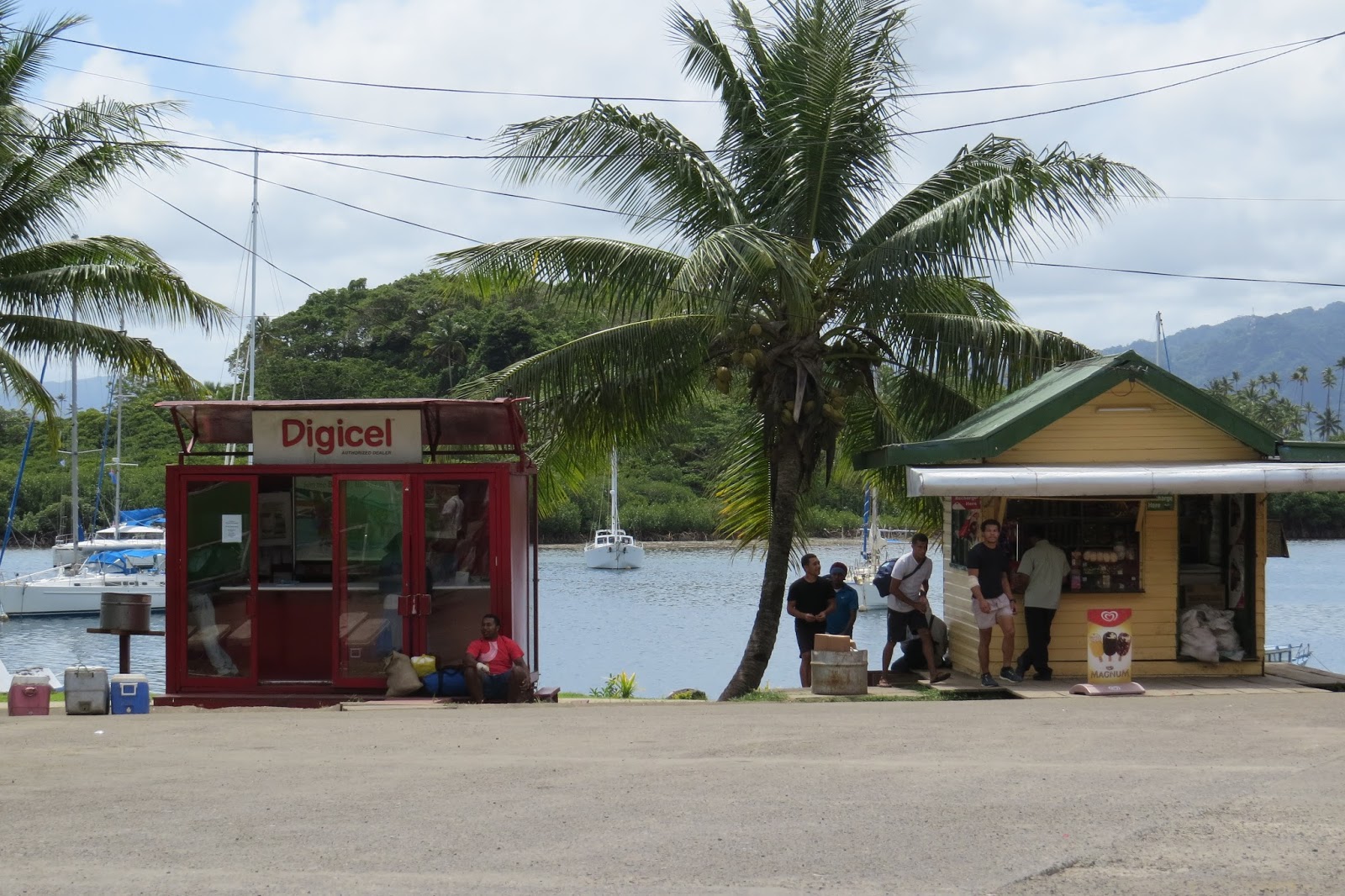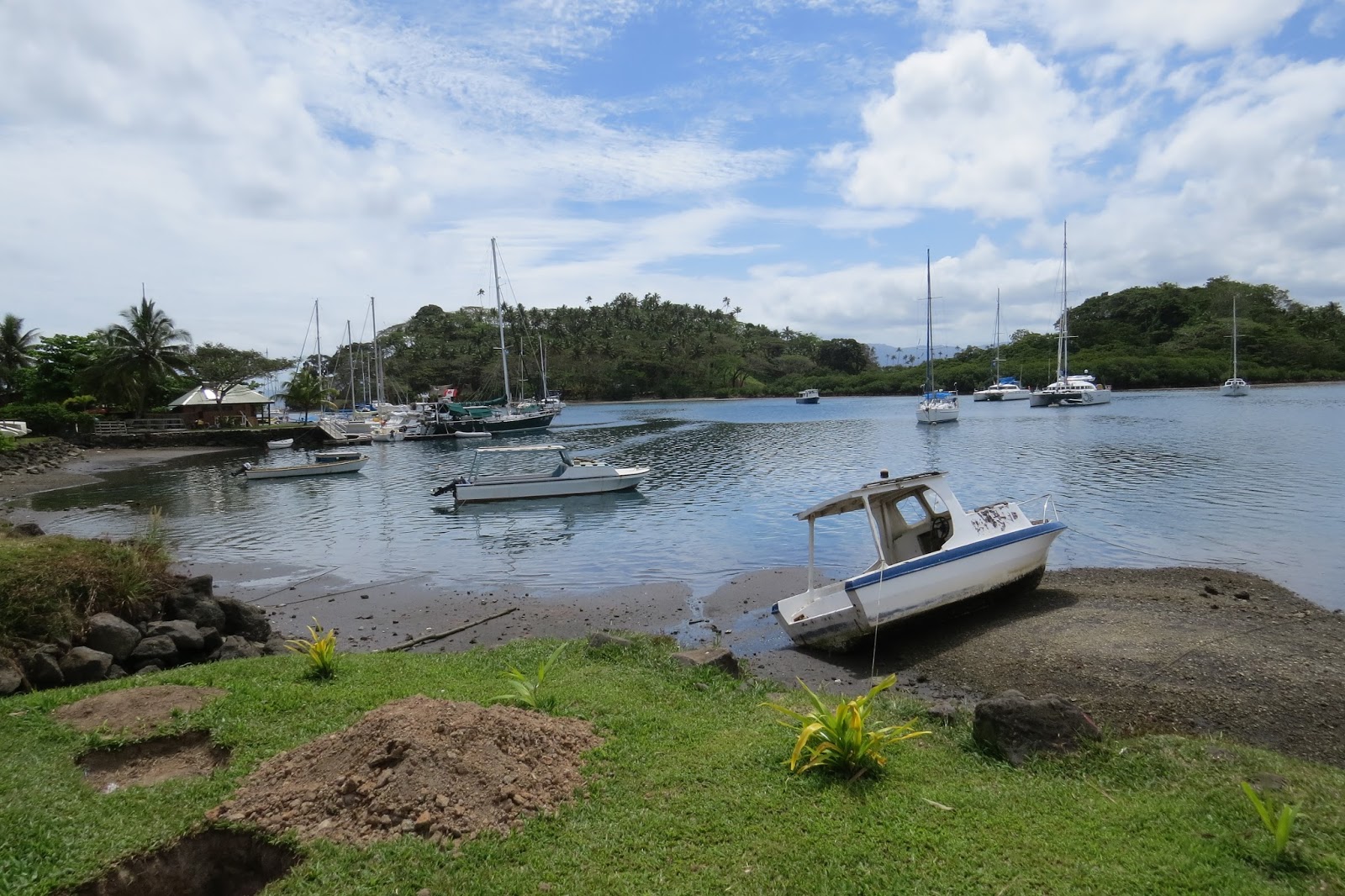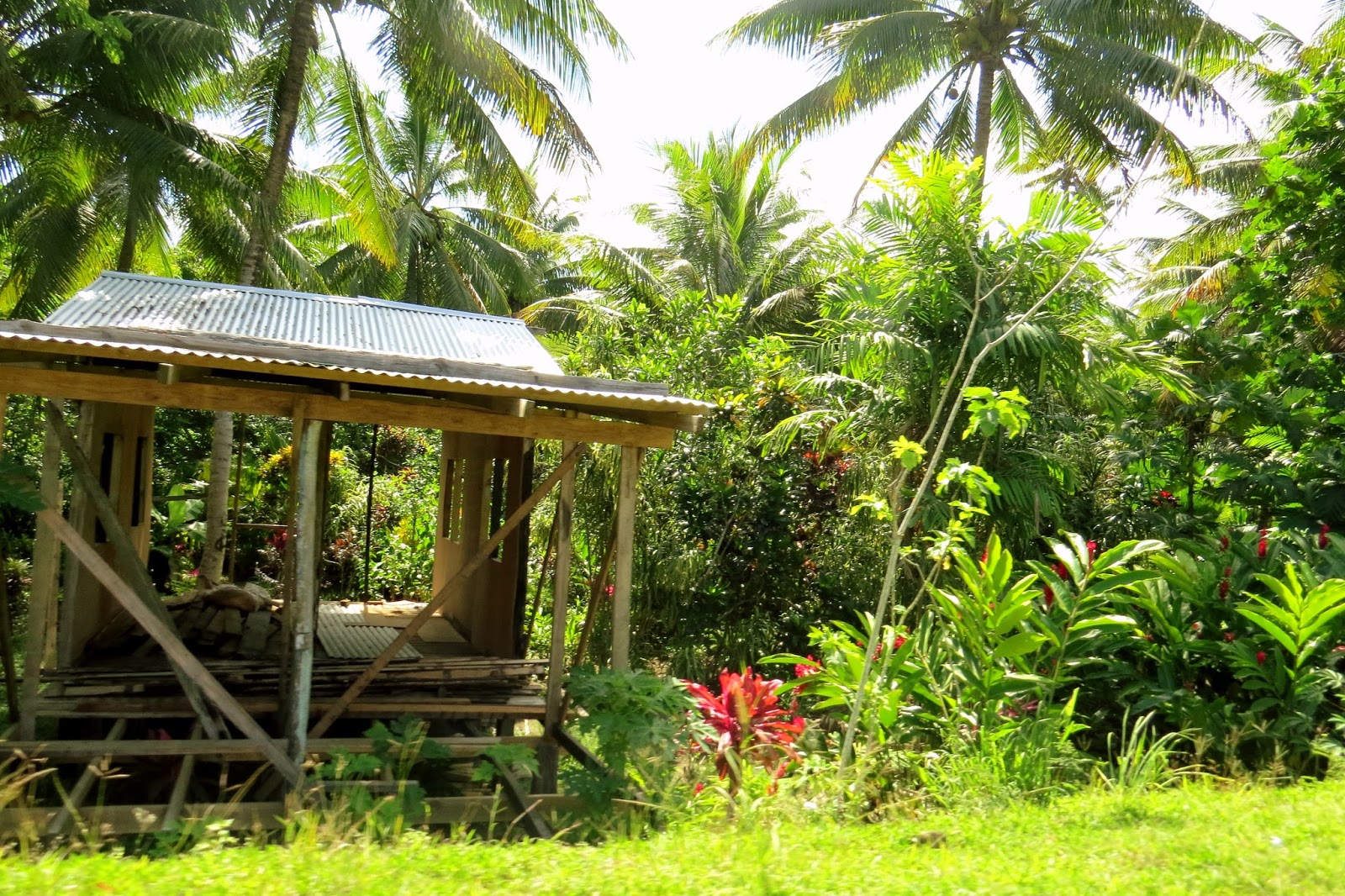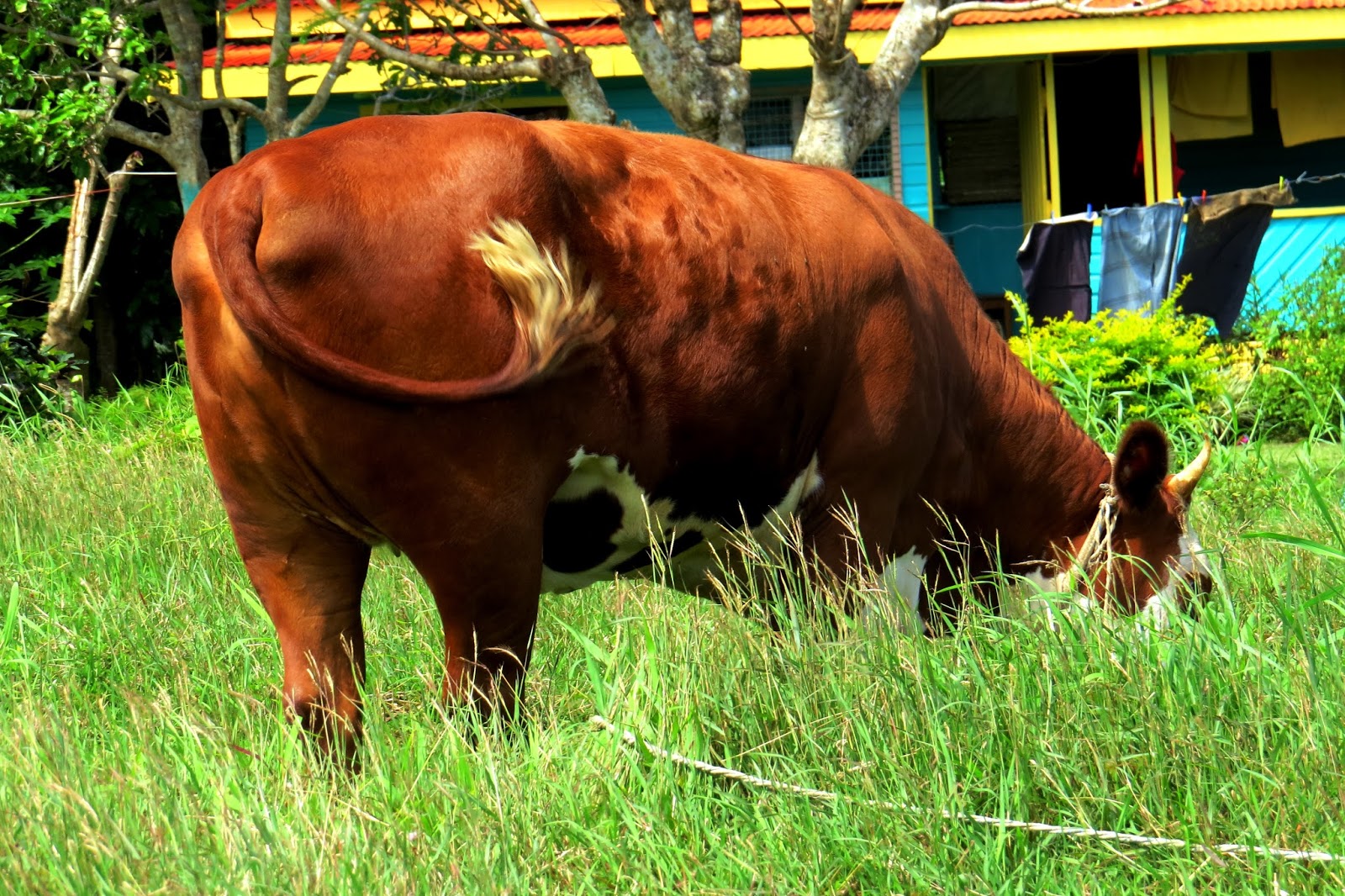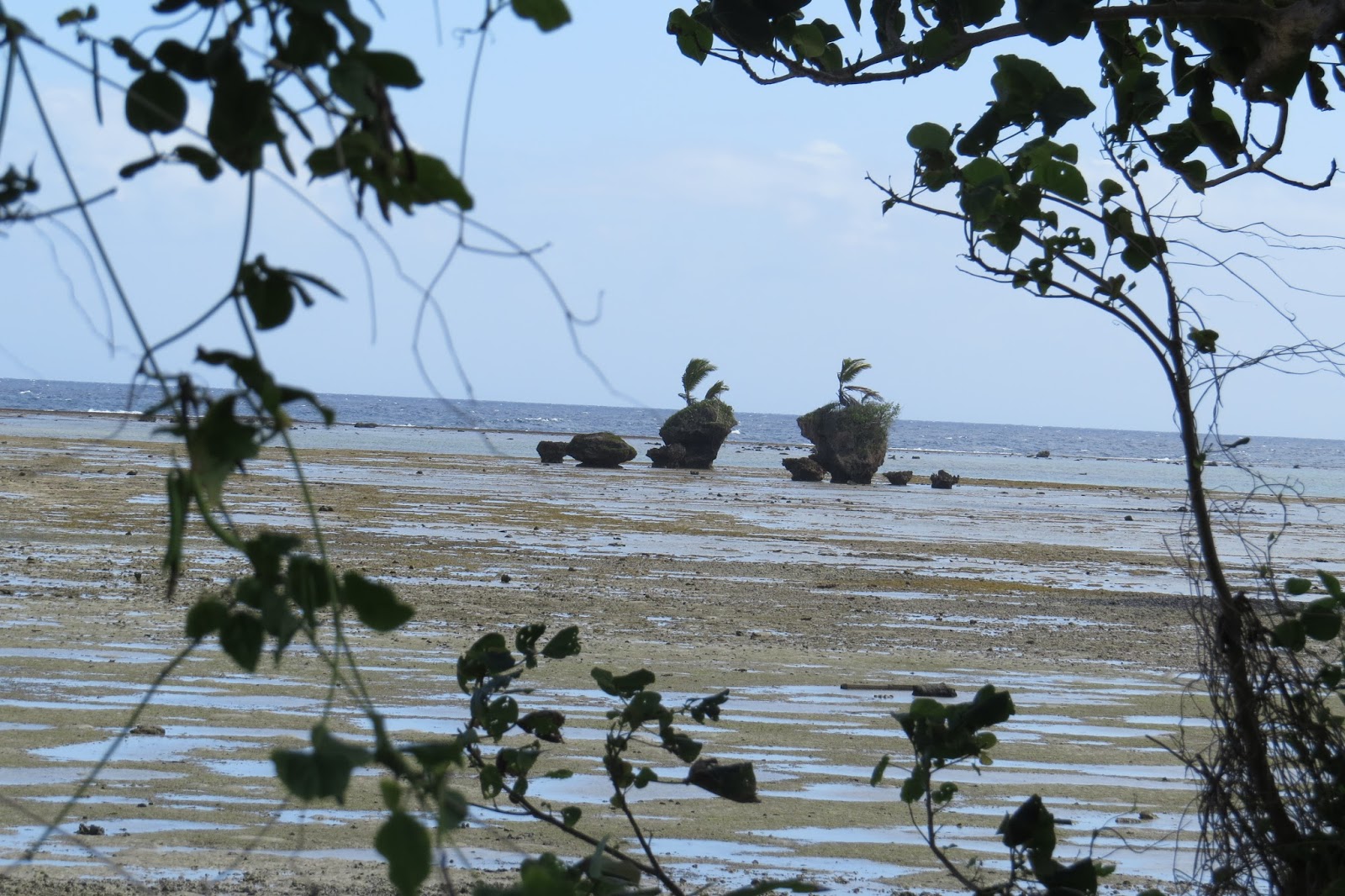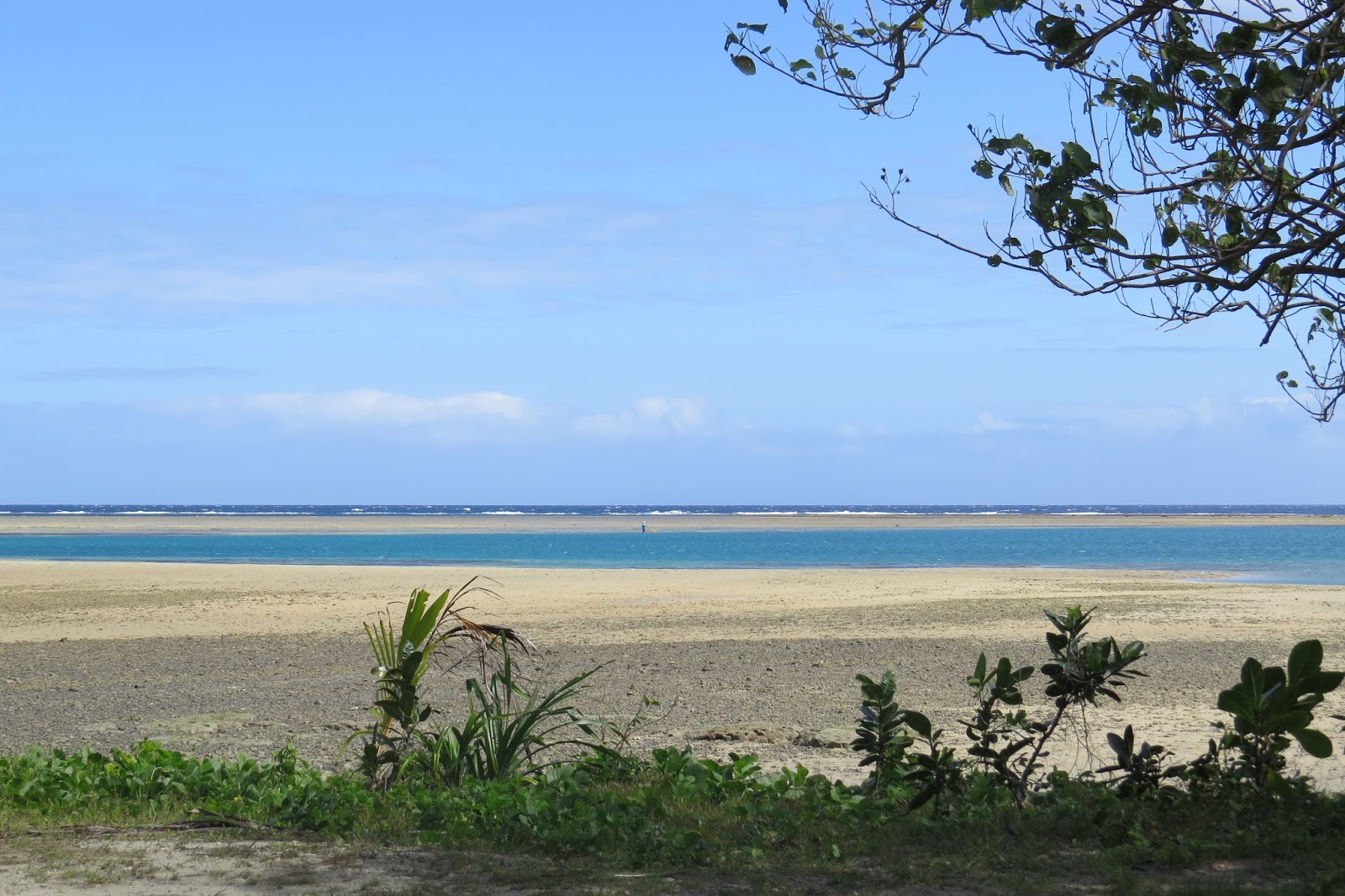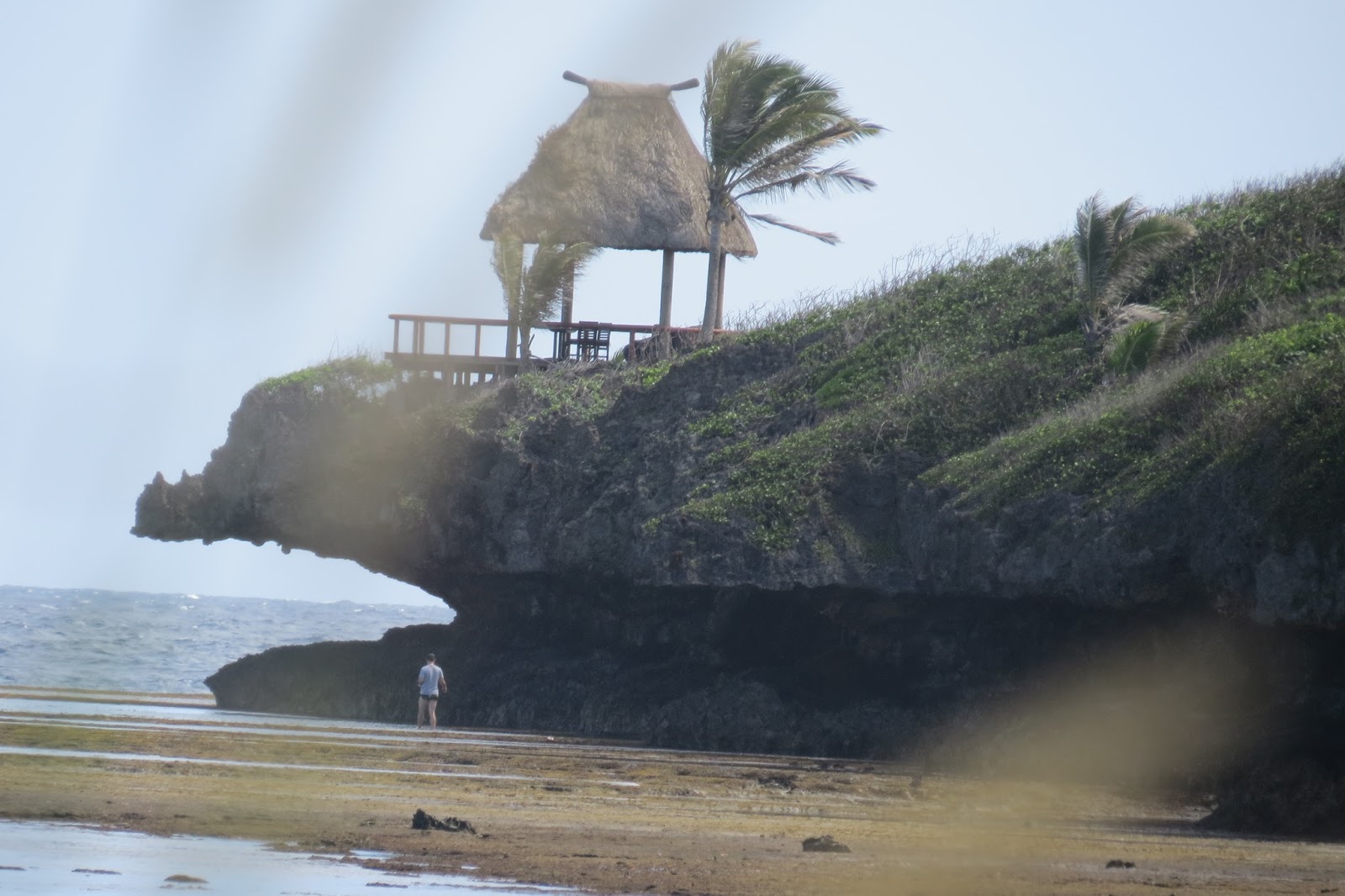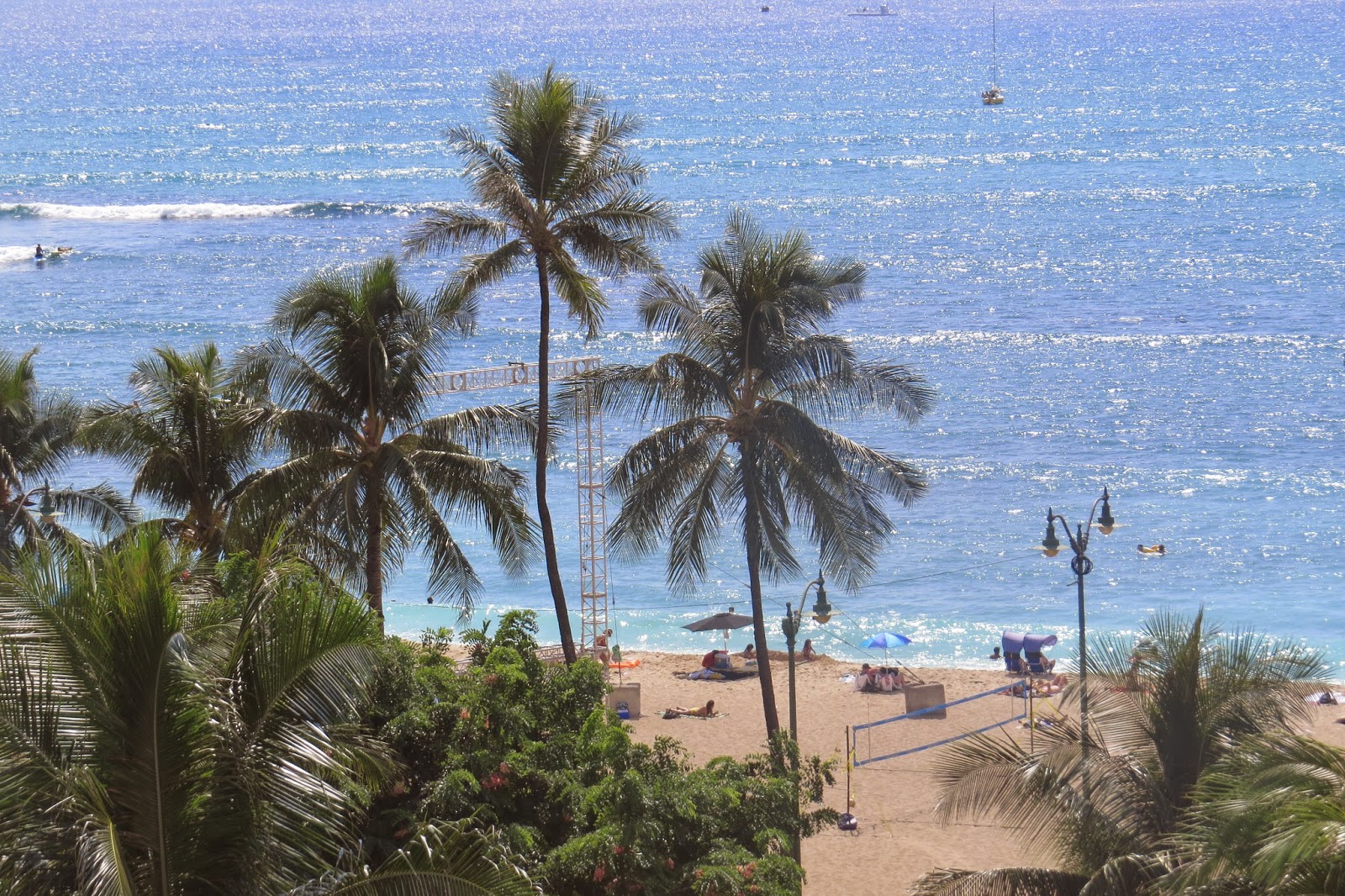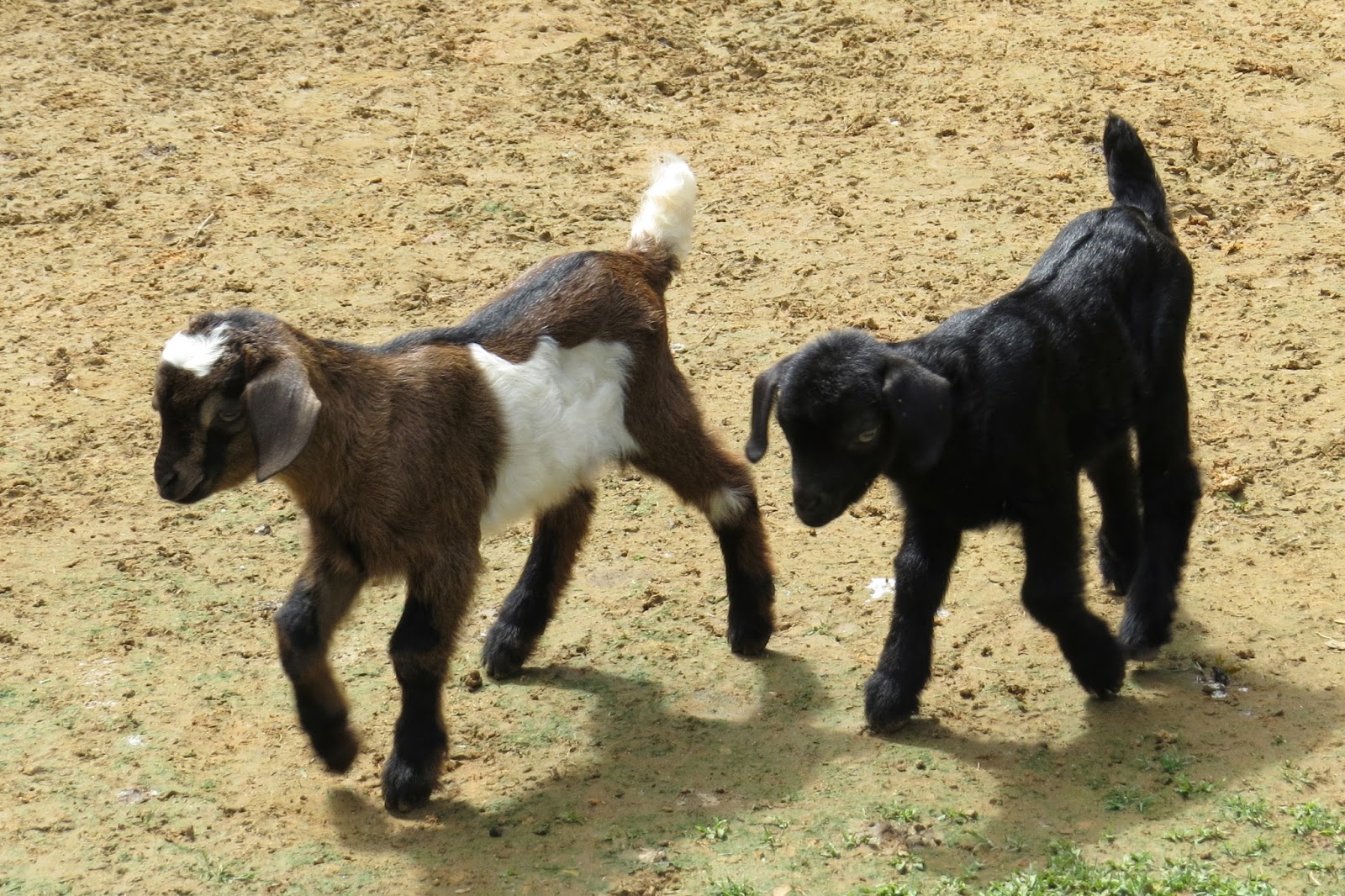 |
| We can only imagine how frustrating it must be for sailors and tourists hesitating to partake in boating activities during this rainy period. |
Yesterday was unlike any other day we’ve experienced in our travels. No, it wasn’t a typhoon or a hurricane, but it could have been. The winds whipped around this house shaking it on its stilts that hold up the ocean side of the house, the balance wedged into the steep hill.
The rain came down as hard as we’ve ever seen, steadily, hour after hour. At one point Tom said, “Gee, I hope there’s not a landslide!” I hadn’t thought of that. Then, after he said it, I did think of how possible it could be living on the side of this mountain, after rain falling day after day with only a few exceptions since we arrived 39 days ago.
(After today, we’ll stop writing about rain for a while unless, of course, if there’s a typhoon or we do in fact, float away. We’re tired of it too, as most of you are into reading about it. You’ll see it’s ended when we post sunny day photos).
 |
| On the last partially sunny day, we drove through Yaroi, a small village further down the road from Savusavu. |
It was a good thing we shopped a day earlier, avoiding the worst of it. This morning, still cloudy and outrageously humid, the rain is stopped at the moment, for however long we don’t know. For the first time in days, we can see across the bay through a shroud of haze and humidity.
If the sun appeared today, we’d still have to stay put for a few days to let the roads dry, never expecting Rasnesh to make it up the steep incline on the dirt road which by now, is all mud.
 |
| Houses of the local villagers lined the highway. |
The house is still intact with only a little water seeping in through the jalousie windows which we kept closed during the worst of it, wiping it up throughout the day. This morning, we were able to open the windows again for fresh air and yet the windows remain covered in raindrops unable to evaporate in the humid air.
Four days ago, I did some hand washing, and today it’s still damp. This morning, when I grabbed my pill case to swallow a few prescriptions and vitamins, most of them had disintegrated into powdery dust. I salvaged what I could and replaced the rest. Now our pill cases will remain in the refrigerator which is already packed to its limits as shown in yesterday’s post.
 |
| School for special education. |
Two years ago, we thought the humidity in Kenya was the worst we’d ever seen. The zippers on our luggage turned green from the humidity. Since that period, we’ve become smarter and regularly zip and unzip the bags at least every few weeks whenever we’ve lived in humid climates.
Yesterday, Junior, soaked through and through, stopped by to see if we were OK. That’s the kind of service we get here. And later than usual, Shalote came with fresh towels and sheets to change the bed. She, too, was soaking wet. I wondered how her slim, lithe body would manage walking in the strong winds.
 |
| Entrance to the school which didn’t appear to be in session. |
Sure, we’re looking forward to getting out to see more of this island’s beauty and to take many more photos. But, we’re easily maintaining an upbeat attitude keeping ourselves busy.
This rainy period of time has given us the opportunity to investigate future travel options and slowly, we’re coming to a place where we’ll be able to pin down some decisions. Once we do, we’ll certainly share them here.
 |
| We weren’t able to determine if this old structure is occupied. |
During food prep yesterday, I couldn’t seem to get my hands or the wood countertops dry no matter how many paper or cloth towels I used. By the end of the day, my fingertips were wrinkly comparable to spending a long period in water.
Even the cloth furniture and our clothing felt damp. Thank goodness the temperatures remained cool enough to make the humidity a little more tolerable.
 |
| Most houses are on some type of raised structure in the event of inclement weather. |
As for today, we continue to be housebound. With a 70% chance of rain hopefully dwindling over the next week, we’re content with the current situation knowing eventually, we’ll be able to get out and about.
Tom’s been busy with his favorite pastimes; Ancentry.com, managing investments; connecting with his railroad cronies, family, and friends on Facebook; watching and reading US news; and listening to his favorite radio podcasts from Minnesota, KSTP 1500, “Garage Logic.” He used to wear earbuds when listening until recently when I’ve also enjoyed listening to the show.
 |
| Beaches are still eye-catching on cloudy days. |
Yesterday, I downloaded 10 books in “Kindle Unlimited” at Amazon.com (USD $10, FJD $21 a month for all the books one can read, never having more than 10 “checked out” in any given time). In 24 hours, I’ll breeze through two books especially when my computer was busy downloading movies and TV shows on Graboid.com preventing me from doing anything else at the same time. In one day, I used five gigs of data, more than the average person may use in a month.
These online resources provide us with entertainment, information, and contact with the outside world. With our newly purchased Vodafone Internet dongles, we have a great connection, easily able to enjoy our pastime activities.
Have a peaceful or action-packed weekend, whichever suits your desires!
Photo from one year ago today, October 17, 2014:
 |
| A year ago today, we were settled into our new home in Maui, a beautiful condo overlooking the ocean with a pool and everything we could possibly need. With the prospect of Hurricane Ana still looming, Tom decided he’d better check out the beach outside our condo before the deluge. For details, please click here. |


